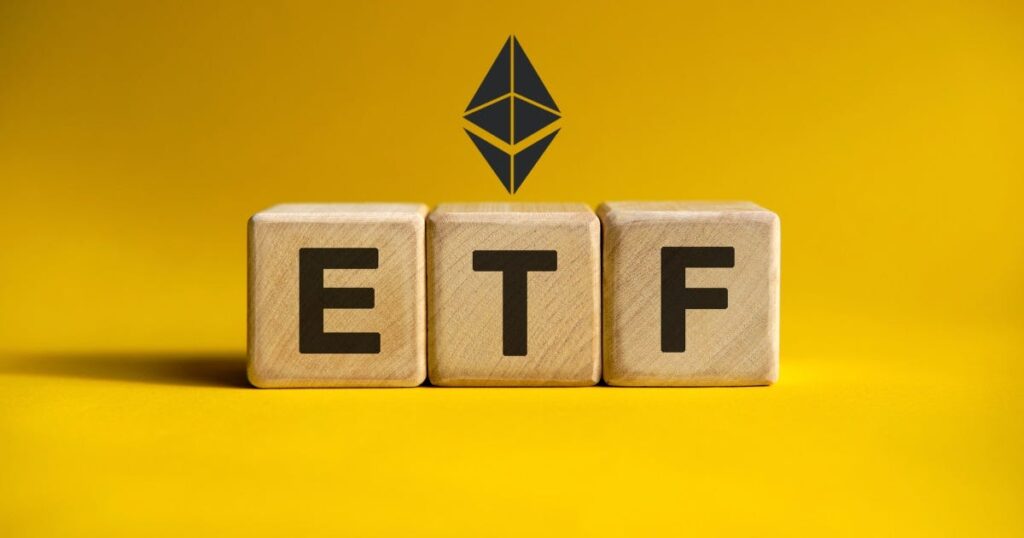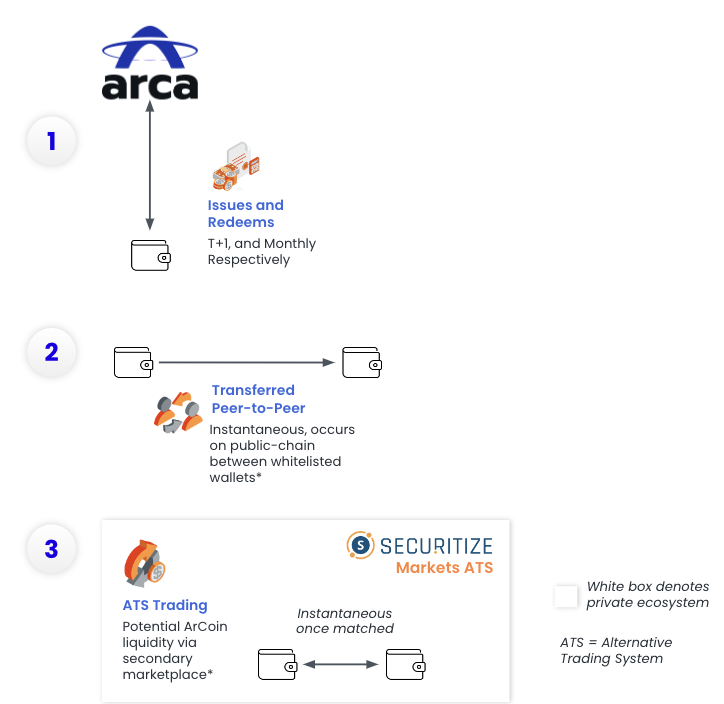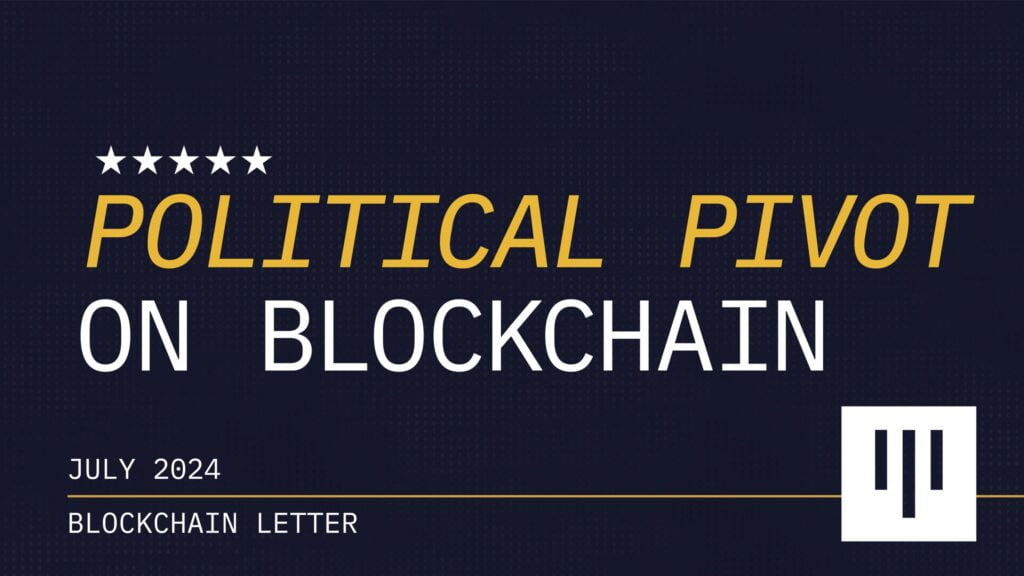Research Summary
The report discusses a fireside chat at The Tie’s inaugural crypto corporate access event, The Bridge, featuring Marc Boiron, CEO of Polygon Labs, and Matthew Blumberg, VP Institutional Capital at Polygon Labs. They discussed the evolution of institutional interest in digital assets, advancements in crypto infrastructure, regulatory challenges, and Polygon’s innovations in tokenization and scalability solutions. Polygon, powered by the MATIC token, is a decentralized Ethereum scaling platform aiming to enable developers to build scalable applications without sacrificing security.
Key Takeaways
Evolution of Institutional Interest in Crypto
- Shift from Retail to Institutional Interest: The report highlights that cryptocurrencies began as a retail-first asset class, with retail investors mainly buying cryptocurrencies through ICOs in 2017. However, the landscape evolved, and by 2020, more sophisticated players, particularly crypto-native private funds, showed interest. The 2021 bull run marked a notable pivot when larger institutions like Tesla and Microstrategy started buying Bitcoin. Some institutions also started considering Ethereum, but broader exploration into other cryptocurrencies was hindered by regulatory concerns.
- Infrastructure Improvements: Significant improvements have been made in the infrastructure around holding and managing crypto, such as better custody services, key management systems, and improved liquidity. Despite these advancements, regulatory compliance remains a primary concern for institutions.
Regulatory Environment and Its Implications
- Proactive Regulation: Regulatory bodies worldwide prefer to be more proactive than reactive, focusing on preventing issues in the financial sector rather than addressing them after they’ve occurred. Blockchain technology is well suited for this approach, offering ways to mitigate risks such as unauthorized transactions. However, full adoption of blockchain is often hampered by current regulatory practices, including forced intermediation.
- International Regulatory Progress: The report notes that tokenization of securities in the U.S. has been feasible for some time. However, in regions like the EU, Singapore, the UK, the UAE, and Hong Kong, regulatory frameworks are evolving beyond issuance to also enable the trading of these assets. This signifies a notable shift in the global regulatory environment.
Polygon’s Innovations in Crypto Tokenization and Scalability
- Layer 2 Solutions: Polygon’s hybrid model offers a balance between private network control and the transparency of a public blockchain, a crucial factor for institutions wary of regulatory scrutiny. Institutions can develop their own Layer 2 networks using tools like Polygon’s CDK (Chain Development Kit) for greater control.
- Tokenization Experiments: Institutions are exploring tokenization on Polygon, focusing on a hybrid approach that balances private network control with public network security. Currently, tokenization experiments are taking a combination of on-chain and off-chain routes, reflecting a hesitancy by institutions to fully commit assets on-chain.
- Cross-chain Liquidity: Polygon envisions a modular blockchain system that can adapt to varying demands for blockspace. This vision includes developing interoperability across different chains to facilitate seamless transactions, ensuring that users can enjoy the speed and security of one chain with the liquidity of the entire network.
Actionable Insights
- Understanding the Evolution of Institutional Interest: Stakeholders should understand the evolution of institutional interest in cryptocurrencies and the factors that have influenced this shift. This understanding can help in predicting future trends and making strategic decisions.
- Regulatory Compliance: Companies in the crypto space should prioritize regulatory compliance and stay updated with the evolving regulatory frameworks in different regions. This can help in mitigating risks and ensuring smooth operations.
- Exploring Layer 2 Solutions: Institutions interested in blockchain technology should explore Layer 2 solutions like those offered by Polygon. These solutions can provide a balance between private network control and public blockchain transparency, which can be crucial in navigating regulatory scrutiny.
- Tokenization Experiments: Institutions should consider experimenting with tokenization on platforms like Polygon. This can provide insights into the potential benefits and challenges of fully committing assets on-chain.












